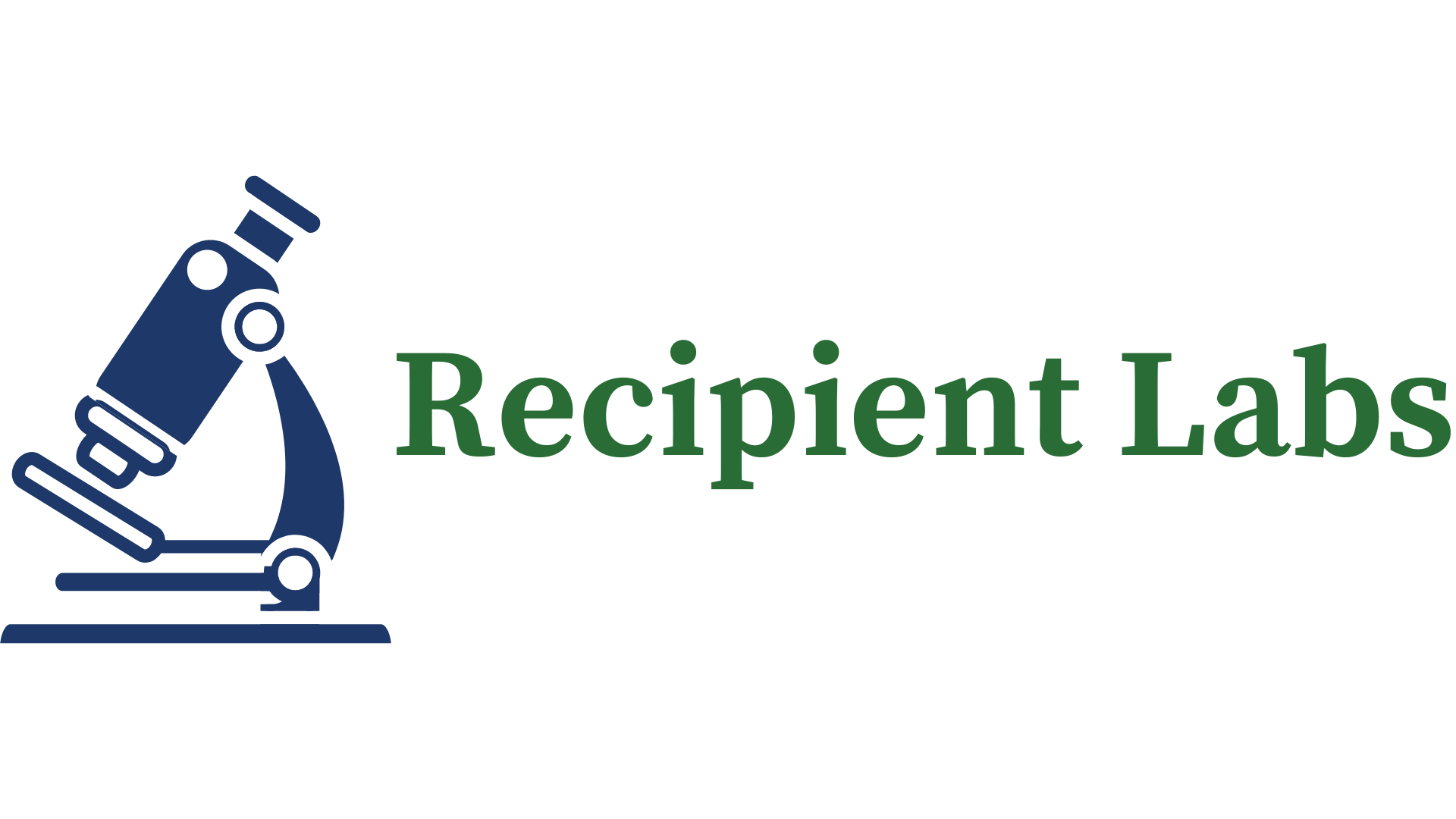In my bathroom there is a new sink. That sink is 0.9 meters wide. Or maybe it’s 0.89 meters wide, or maybe it’s 0.91 meters wide. I don’t know and I don’t care. If I had been working in a tight space, or if I had had to fit that sink into a cabinet, then the added precision might have been relevant to me. But I was doing neither of those things, so it didn’t matter to me if it was actually 0.89 or 0.91. When I was standing there at IKEA, knowing that the sink was approximately 0.9 meters wide was enough to improve my buy/no-buy decision.
In other words, “the measurement doesn’t have to be exact, it just has to be good enough to improve the decision.”
Recently I’ve been reading the book “How To Measure Anything: Finding The Value Of Intangibles In Business,” by Douglas Hubbard. In it, Hubbard makes the excellent point that measurement is not about being precise, it is about reducing uncertainty.
In other words, measurements don’t have to be exact in order to be valuable, and in fact, no measurement is exact. They are all imprecise, and that imprecision is often fine for us. As long as the measurement helps you make a better decision, it has done its job. The imprecision does not matter.
What does this have to do with a quest to assign a numeric value to the use of stories in sales?
In that quest I often run into the pushback that arriving at a precise number is not possible, and therefore we can’t even try.
This pushback misses the point. The point is not to find precision, the point is to reduce uncertainty.
This imprecision is often used even in that most hard-nosed of business documents, a company’s P&L (profit and loss) statement, where the CEO wants to see numbers rounded to the nearest thousand, even though a more precise measurement would be down to the penny.
And my god, if a business can put something as intangible as goodwill on a balance sheet, precision isn’t all it’s cracked up to be, and certainly a numeric value can be assigned to stories.
My point is this: When you are measuring something, whatever it is for, don’t worship the god of imagined precision, worship the god of uncertainty reduction. If an imprecise number helps you make a better decision, whatever that decision is about, the measurement has done its job.
